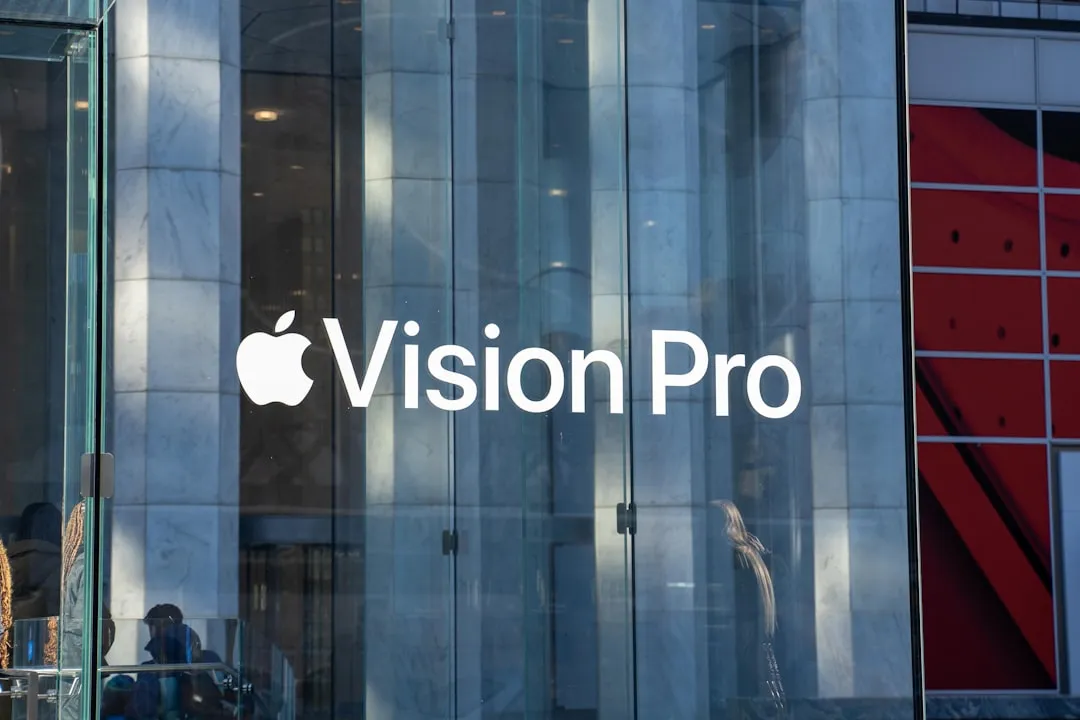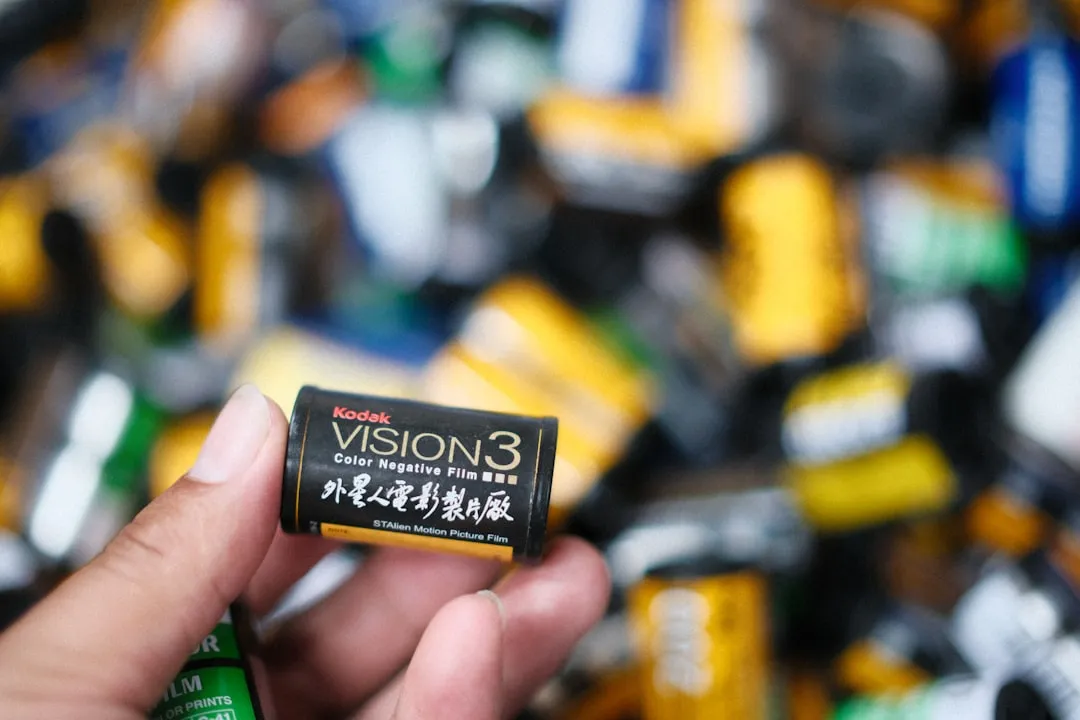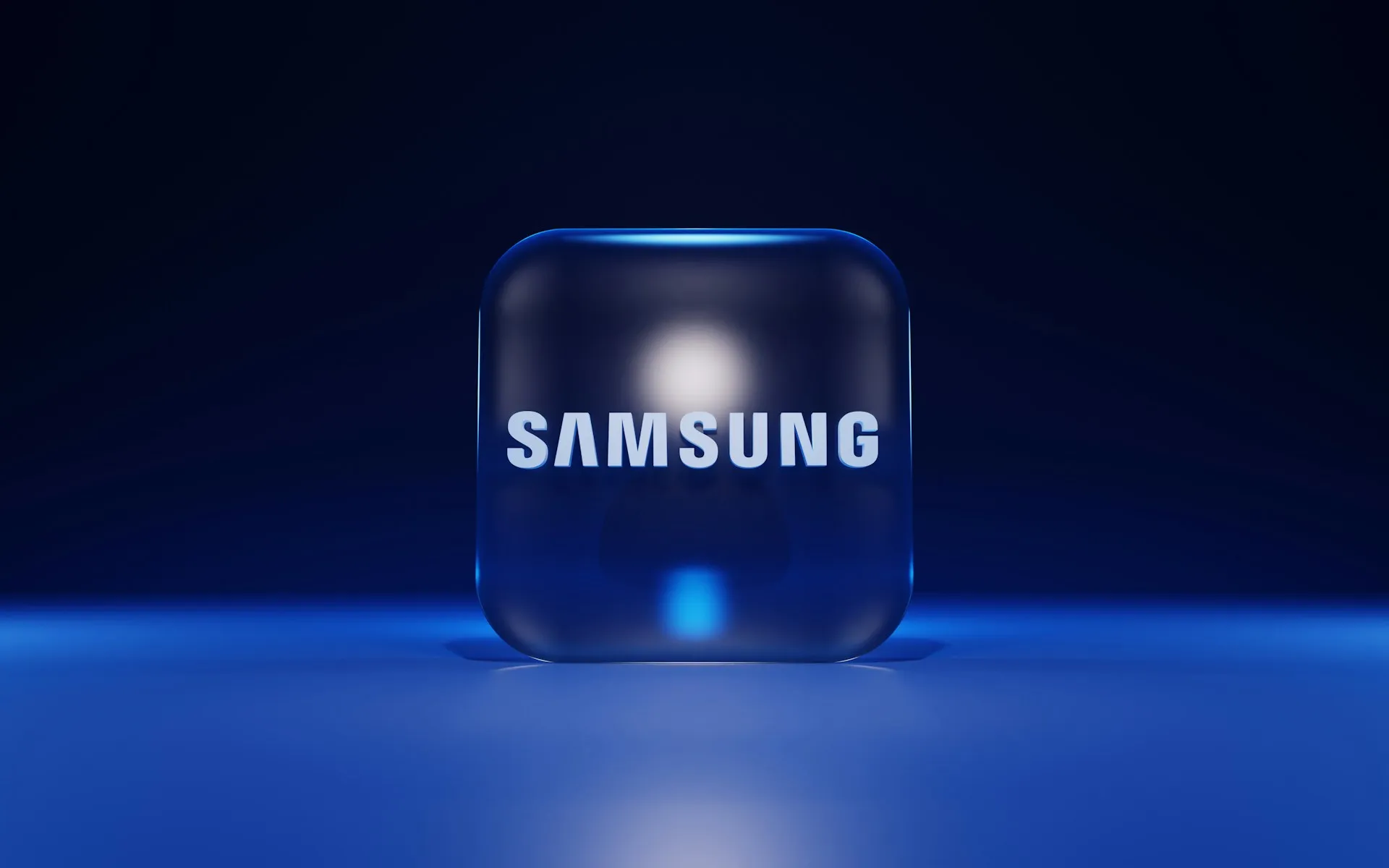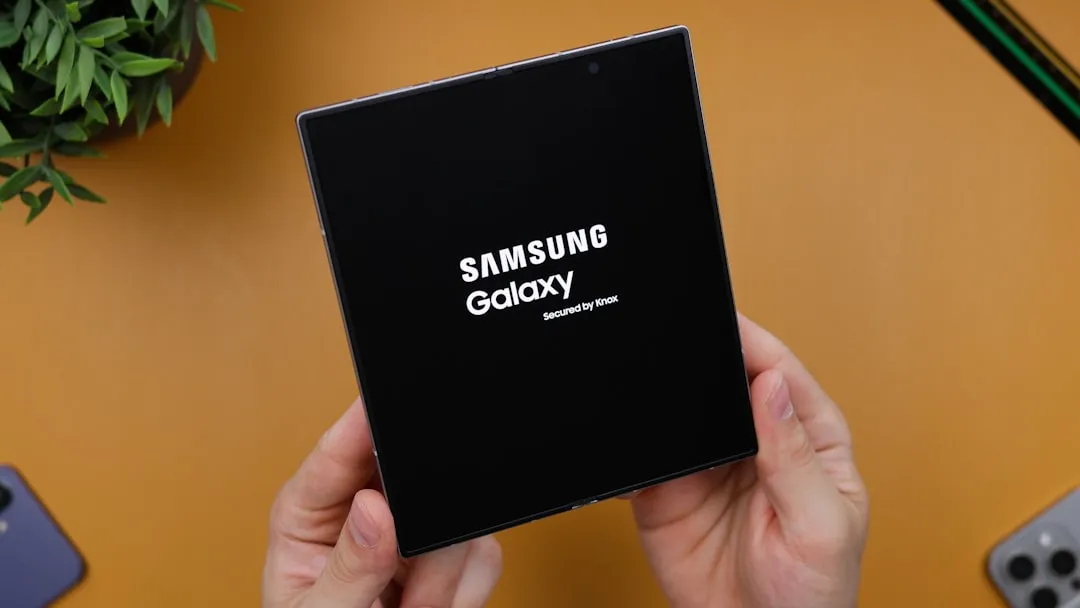On Monday, Apple unveiled its Apple Card, the company's boldest move yet toward becoming a truly mainstream mobile payments company. And the product has vast implications for our augmented reality future, some of which may not be immediately obvious to many.
Let's start with a little background. Although Apple Pay has existed for some time now, and has managed to snag a good deal of users, it's still not as ubiquitous as one might expect for a product made by the creators of the iPhone. The Apple Card may change all that.
No matter how many new technologies arrive, people are still largely creatures of habit. So if you want to reach the masses, it helps to give them something familiar. It's why so many AR enthusiasts are banking on AR smartglasses because they know that AR via glasses will be a much easier sell for mainstream users than AR via an iPhone or a "mixed reality" helmet. Similarly, the introduction of the Apple Card, through sheer consumer familiarity with its form and dynamic, will likely finally give Apple the mainstream payment presence it has been working for years to achieve.
Although the promotion video (bottom of this page) spends most of its time promoting the ability to use the card via your iPhone for Apple Pay, it's when the video reveals the titanium laser-etched credit card that Apple's plans become even more apparent, and more attractive, from a marketing perspective.
In short, the company wants to replace your bank. That intent is even spelled out on the Apple website, where the company states, "A new kind of credit card. Created by Apple, not a bank."
"Not a bank." Translation: We want you to ditch your bank.
But what exactly do they mean by that? Well, it's obvious to anyone following the news — Apple is selling trust and privacy. Given the many privacy and data scandals that have plagued both banks and competing tech companies in recent years, users are increasingly looking for the option that is both convenient and trustworthy. Banks stopped being convenient long ago, and the idea that your data is safe with slow-to-adopt-best-technology-practices traditional banks is optimistic, at best.
Therefore, Apple's hard-earned reputation as a guardian of user trust and privacy (Apple CEO Tim Cook put nearly everything on the line fighting the FBI's request to break into a user's phone) is now quite literally being cashed in.
So what does this all have to do with AR? Everything. Apple Glasses are coming. With that in mind, let's review the company's approach to Apple's first wearable, the Apple Watch, which Apple quickly integrated into the Apple Pay ecosystem.
Apple Pay via Apple Watch is pretty slick, but how often have you seen someone at a store pay with their Apple Watch? Despite the convenience dynamic, it's relatively rare to see such a sight at your local corner store. However, embedding the power of Apple Pay in a pair of fashionable Apple AR smartglasses, aka Apple Glasses, could immediately be more seamless than using an Apple Watch to pay.
Of course, the tap to pay option wouldn't work, but what if paying for something at the local store was as simple as looking at it? Or looking at it and tapping the side of your eyeglasses? It's the kind of physical interaction Apple has already gotten us accustomed to using on the iPhone X — look at your phone to pay for or approve an app via Face ID. Remember, the tag line Apple used in a recent Apple Pay commercial was "pay with a glance" (see video above). It's unclear how the Face ID dynamic might, from a technology and logistics perspective, move to a pair of glasses, but those words are nevertheless a hint at the future.
In this respect, Apple's introduction of a physical credit card is neither innovative or particularly easier. If you're interested in the no-fee, app-centric ease of use provided by the new Apple Card, you're probably already using Square's Cash card. But there are two things Apple does better than Square and most banks: mobile payments trust, customer service (love you, Square, but it's true), and consumer hardware. To be clear, Square has earned a great deal of trust, but it's nothing like the trust consumers have handed over to Apple to guard the many secrets contained on their smartphones.

The Square Cash card, a no-fee debit card that works via the Cash app.
By introducing an Apple Card, Apple is essentially marketing its mobile payments service and its ability to faithfully steward your funds, while also keeping your privacy intact.
By contrast, many banks today are quietly data mining your account activity, collecting information on where you usually shop, what bills you usually pay, and what your weekly expenditures are. And these aren't even shadowy affairs, it all happens out in the open.
For example, if you use the Citibank mobile app, you'll see your shopping habits conveniently (if not creepily) listed every month, even if you don't want those purchases tracked. For a not insignificant number of Apple customers, trusting that sensitive data with Apple would be far more preferable than trusting it with a bank.
Of course, we still don't know how the relationship with Apple will work with its partners MasterCard and Goldman Sachs, but even without all the details, Apple has earned a great deal of "benefit of the doubt" trust with its users.
It's this kind of trust that will be vital when many of us are walking around with different brands of AR smartglasses that may or may not be recording our location, what we tend to look at — a concern in VR recently raised by the founder of Oculus, a company working on AR smartglasses — and, most importantly, what our spending habits are. When the combination of 5G and AR cloud technology become the linchpins to our mobile experiences — something that is likely just 24 months away, at the latest — the primary selling tool, above and beyond good tech, will be trust.
Today, by taking a direct shot at banks, Apple is preparing the public to buy into that trust wholesale.
Would you trust Facebook to put a camera on your face all day (with claims of no access to the camera data) while quietly tracking your purchases in the background? What about your favorite commercial bank? If the answer is yes to either of those questions, I'd suggest doing a bit more reading.
And while Apple isn't perfect, and will likely have a significant privacy stumble related to Apple Pay and Apple Card at some point, among the available options related to mobile payments trust, Apple seems to have the lead at this point.
Consider these points as you begin shopping for your AR smartglasses over the next 24 months because privacy and trust in the AR cloud will be far more important than almost any other feature you'll encounter. And for every non-Apple AR wearable company out there, you now have your mission: focus on trust.
- Follow Next Reality on Facebook, Twitter, Instagram, YouTube, and Flipboard
- Sign up for Next Reality's daily, weekly, or monthly newsletters
- Follow WonderHowTo on Facebook, Twitter, Pinterest, and Flipboard
Cover image via Apple
























Comments
Be the first, drop a comment!